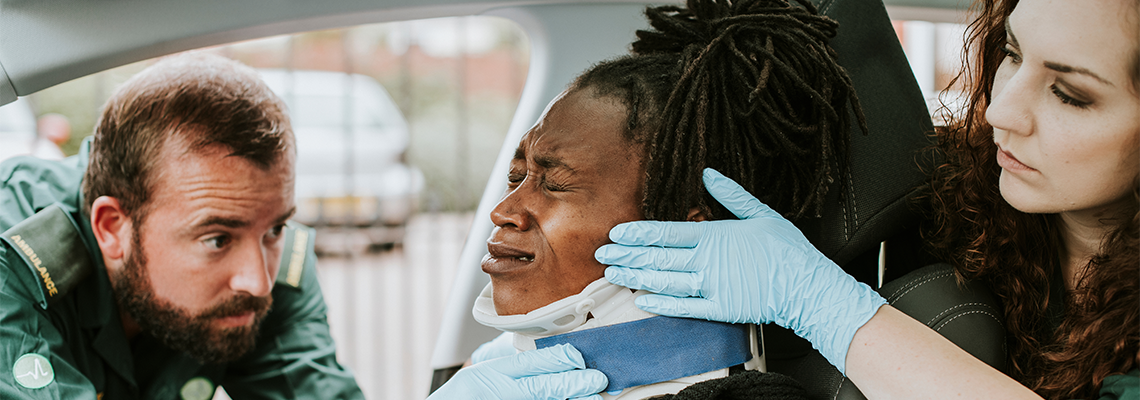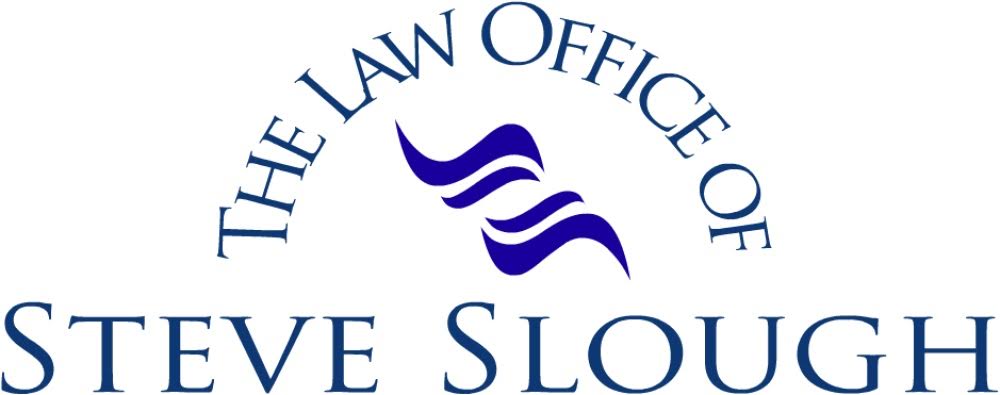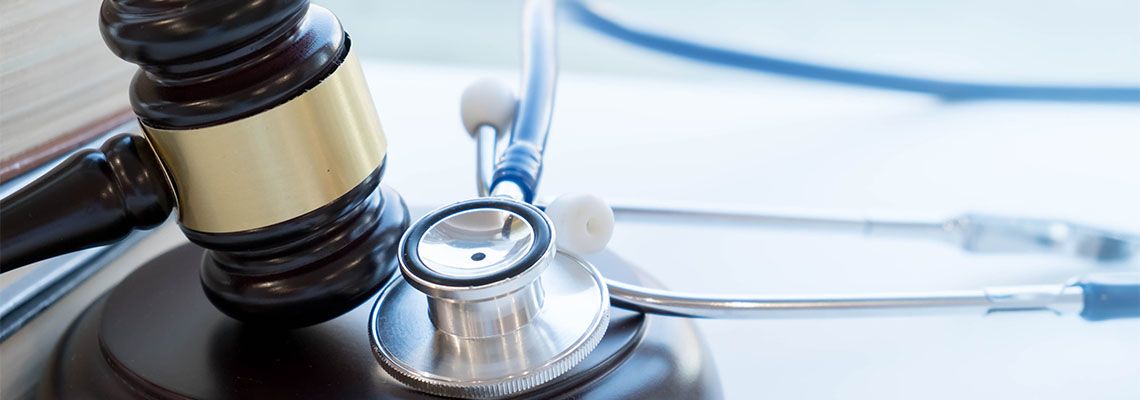If you suspect that your loved one isn’t receiving proper care in a nursing home or care home facility, it's common to experience significant stress, worry, and uncertainty. Unfortunately, nursing home negligence does occur, and it can take many forms, including physical harm, emotional abuse, improper medical treatment, medication errors, or substandard care.

The Importance of Seeking Medical Attention After an Accident
The moments following a car accident are often a chaotic blend of emotions, adrenaline, and confusion. In such moments, it’s easy to think you're fine if the initial shock hasn’t revealed any injuries. However, seeking medical attention immediately could be the crucial difference between a quick recovery and prolonged suffering, both physically and financially.
Understanding Car Accident Injuries
Car accidents can cause a range of injuries, from minor bruises to life-altering ones. Comprehending the types of injuries that often manifest after a collision can underline the magnitude of seeking prompt medical care.
Whiplash and Soft Tissue Injuries
Whiplash is among the most common injuries after a car accident, often the result of the rapid, back-and-forth motion of the head due to a sudden stop or acceleration. It can lead to chronic pain and discomfort if not addressed early. Soft tissue injuries in the neck and back can also result from the abrupt jerking movement and may require extensive treatment to heal properly.
Head and Brain Injuries
Not all head trauma is evident at the scene of an accident. It may take hours or even days for the signs of concussions, contusions, or bleeding in the brain to show. Unlike external injuries, these require internal diagnostics like CT scans and MRI to detect, which can only happen in a medical setting.
Broken Bones and Lacerations
Obvious and often immediate, the diagnosis and treatment of broken bones and lacerations are clear-cut when detected. However, their complexities and possible tangential complications mandate that they receive the full spectrum of medical attention at once.
Reasons to Seek Immediate Medical Attention After a Car Accident
Bypassing the hospital visit after a car accident might seem like a cost-effective or time-saving choice, but it's a decision that can backfire in numerous ways:
For Your Own Sake: Your health is the main reason to see a doctor after an accident. The shock and adrenaline can mask symptoms, leading you to believe you're fine when internal injuries are present and worsening.
Documentation for Personal Injury Claims: If injuries surface after the fact, having a medical record from the day of the accident can be your most compelling evidence in a personal injury claim against the at-fault party's insurance.
Insurance Company Implications: Delaying medical treatment can give the opposing insurance company grounds to argue that your injuries were not severe, not related to the accident, or even fabricated. This skepticism can significantly impact your claim's outcome.
Following Through With Treatment
Merely seeking medical help is often just the first step. Fully following through with the treatment plan prescribed by your healthcare provider is necessary for both recovery and the legal process:
Adhering to Medical Advice: The treatment plan set forth by your healthcare professional is tailored to your injuries, with the goal of a complete recovery. Failing to follow this advice could worsen your condition and complicate the legalities of your claim.
Medical Documentation: Every visit, diagnosis, and treatment is crucial evidence for your claim. The detailed records provided by your healthcare provider solidify the validity of your injury and the cost of treatment necessary.
Complying With Legal Timelines: In many states, a statute of limitations governs the timeframe within which you can file a personal injury lawsuit. Adhering to these timelines is essential for protecting your right to compensation.
The Legal Framework Post-Accident
Understanding the legal landscape following an accident allows you to make the right decisions concerning your medical care and personal injury claim.
Firstly, each state's laws regarding car accidents, personal injury claims, and insurance are unique. Being aware of these can prevent legal pitfalls down the line. Navigating the complexities of a personal injury claim can be overwhelming, especially when coupled with recovery. Considering counsel from a legal professional ensures that no crucial steps are overlooked.
Lastly, your insurance policy’s terms and your coverage, as well as the policy of the at-fault party, play significant roles in your post-accident dealings. Understanding these parameters clarifies the scope of potential compensation.
Reviewing Medical Records
A key part of the post-accident recovery and claim process is the review and maintenance of your medical records. Ensuring their accuracy is a personal responsibility that can substantially impact the trajectory of your case.
Thoroughly examining your medical records is key. Ensure that every detail, diagnosis, and treatment is accurately documented to avoid discrepancies that might be exploited by the opposing party.
Translating your medical experiences into the legal realm can be daunting. However, this bridge is vital for making your injuries and treatment legible within the confines of a claim.
Staying organized with your medical bills and records not only makes your claim process smoother but also demonstrates to the insurance company that you are serious and meticulous in your claim.
Post-Medical Treatment Steps
Your responsibilities and considerations following medical treatment for an accident-related injury are not to be underestimated. They are a continuation of the groundwork set by your initial reception of care.
Recovery from car accident injuries can be lengthy and multifaceted, often involving physical therapy and ongoing medical consultations. Recognizing the duration and intensity of your rehabilitation is crucial for your overall well-being.
The timeline for returning to work is a delicate balance of your physical readiness and the necessity of income. It might be tempting to rush back prematurely, but this haste should not compromise your recovery.
Clear and regular communication with your healthcare providers, as well as any legal counsel, ensures that everyone is on the same page regarding your treatment and the pursuits of your claim.
Documenting the Recovery Process
Maintaining a personal record of your recovery, symptom fluctuations, and functional progression can bolster your claim. It's a tangible testament to your experience and the lingering effects of the accident.
In the age of digital documentation, the security of your personal records is critical. Take precautions to protect sensitive information and maintain multiple copies in case of loss or damage.
Car accidents can be traumatic experiences, and the emotional toll should not be underestimated. Seeking support from our team at The Law Office of Steve Slough is a vital component of a holistic recovery.
Resolving a Car Accident Claim
Ultimately, the resolution of your car accident claim represents the final stretch in the intricate process. Understanding your options and their implications is fundamental.
Insurance claims can take various paths, depending on the policies involved. A nuanced understanding of these paths can prepare you for the proceedings, optimizing the likelihood of a favorable outcome.
When insurance claims do not yield just compensation, legal recourse might be the next logical step. This could involve a civil lawsuit. A thorough comprehension of these options is crucial for informed decision-making.
If you are found to share some portion of the fault for the accident, the concept of comparative negligence can affect the final settlement. Familiarizing yourself with how this doctrine is applied in your state is essential.
Compassionate Legal Guidance
The moments after a car accident can shape your post-injury course. Seeking medical attention promptly, meticulously documenting your injuries, and understanding the legal framework can significantly bolster your claim and, in turn, your recovery. It is a multifaceted approach where each step, from the ER visit to the final claim resolution, plays a critical role in safeguarding your health and rights. Therefore, speaking with a personal injury attorney at The Law Office of Steve Slough for legal help is advised.
RECENT POSTS
When a product fails to perform safely or as intended, the consequences can be devastating. Victims may face serious injuries, permanent disabilities, or overwhelming financial losses, and defective product claims often involve detailed technical, scientific, and medical details that go far beyond ordinary knowledge.
Medical malpractice can be one of the most stressful and emotional experiences a person faces. When you or a loved one suffers harm due to a medical professional's mistake, the emotional and financial impact can be overwhelming. Filing a medical malpractice claim requires careful preparation and attention to detail.




